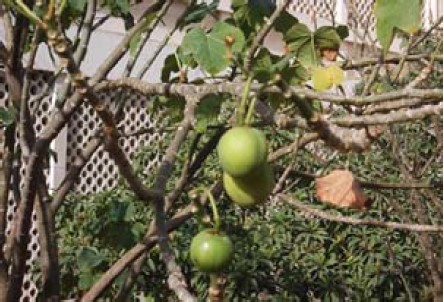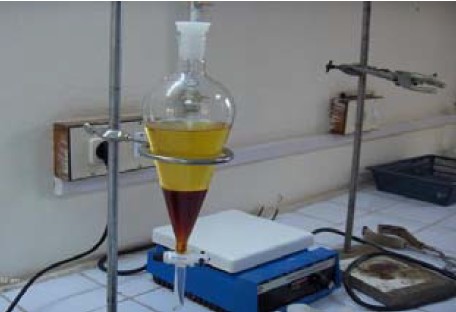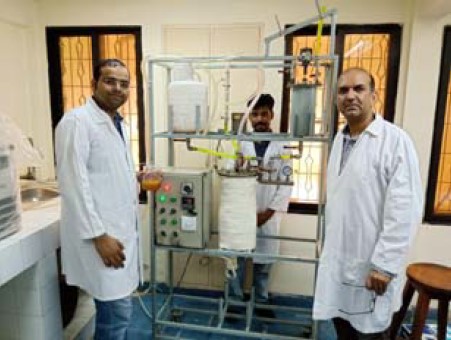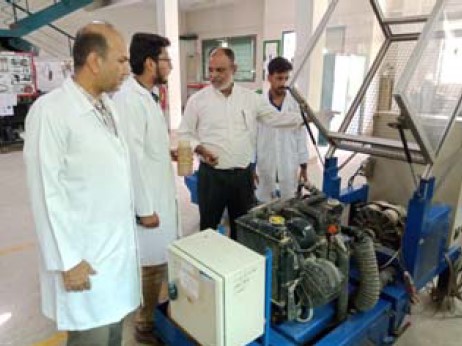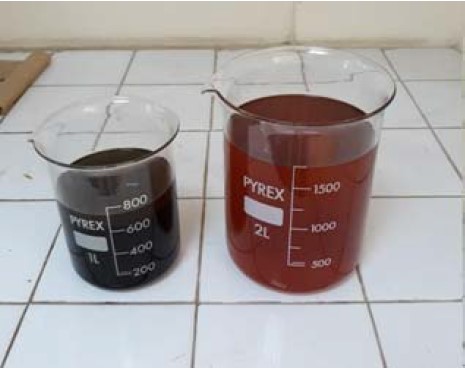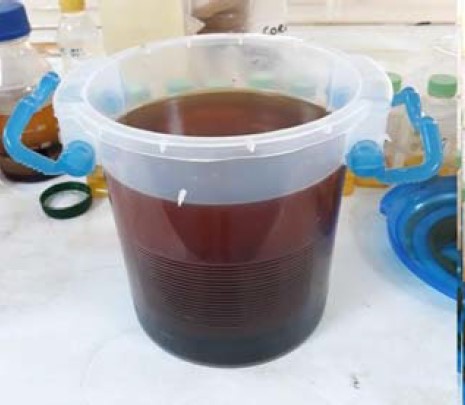NED BIO DIESEL |
|
Introduction |
|
|
What is bio diesel? It is a vegetable oil-based fuel that can run in an unmodified engine - be it a car, bus, truck or boat! Usually made from non-edible vegetable oil it can even be made from recycled fryer oil. The substance can be merged with regular diesel or it can run 100% on its own. The future is bio diesel! It's also one of the most thoroughly tested alternative fuels on the market. Tests have proven that although it performs in a similar fashion to petroleum diesel, bio diesel is far better for the environment. Bio Diesel is a renewable alternative fuel created from vegetable oils, animal fats, and greases through a chemical process. The chemical process involves reaction of natural oils with an alcohol, and then refining the mixture to create molecules which can be easily burned in a diesel engine. Bio Diesel fuel can be used in any diesel engine in pure form or blended with petroleum diesel at any level. Even a blend o 20% bio and 80% petroleum diesel will significantly reduce carcinogenic emissions and gases that may contribute to global warming. Glycerin is the byproduct of the bio diesel production process, and can be used in personal care products or a variety of chemical applications. |
|
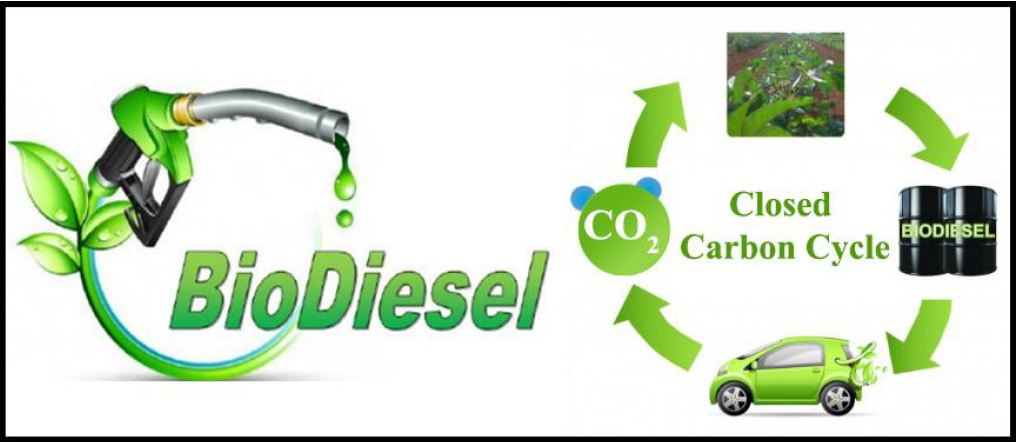 |
|
How is Bio Diesel made? |
|
|
Bio Diesel is made through a chemical process called transesterification whereby the glycerin is separated from the fat or vegetable oil. The process leaves behind two products - methyl esters (the chemical name for bio diesel) and glycerin (a valuable byproduct usually sold to be used in soaps and other products). Raw Materials: The main raw materials used for producing bio diesel are vegetable oils and animals fats. Traditionally, edible oil was being used resulting in price hikes of essential food commodities. Now, the impetus is towards the harnessing of plants that can yield non-edible vegetable oil for bio diesel production. The additional benefits of such plants are that they can be reared on marginal land (this is very beneficial for a country such as Pakistan, which has about 65% of its landmass barren and uncultivated due to salinity and other harsh conditions). The main plants that can be grown on such rough soil include jatropha curcas, castor bean, pongamia pinnata and others (including halophytes). The microalgae is also a potential feed stock to produce bio diesel in Pakistan. |
|
|
Jatropha plant with seeds @NED Campus |
Jatropha bio diesel |
|
Batch scale 10L biodiesel production plant |
Engine testing running on biodiesel fuel |
|
Produced biodiesel and recovered glycerine as a by product |
The product two separate layers of biodiesel and glycerine are visible |
|
Bio-diesel research @ NED University video
|
|
Contact Us: |
|
|
Department of Environmental Engineering Contact Person: Dr. Mehmood Ali NED University of Engineering & Technology |
|

